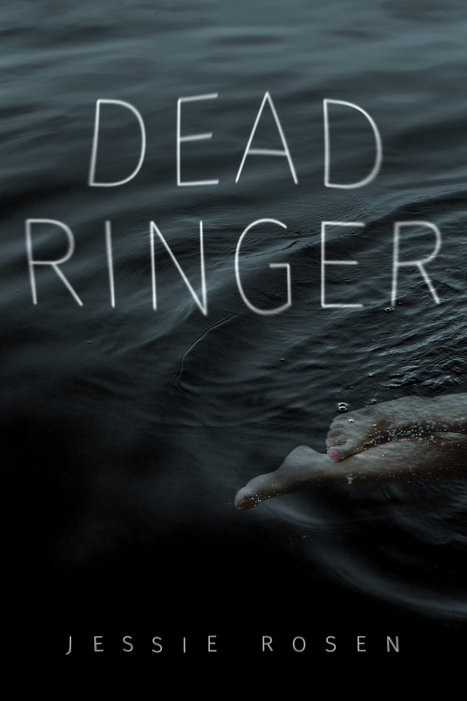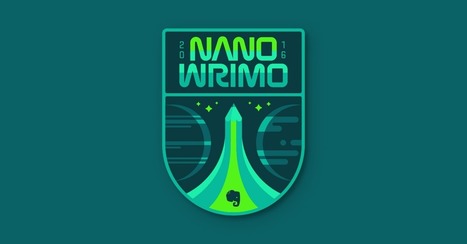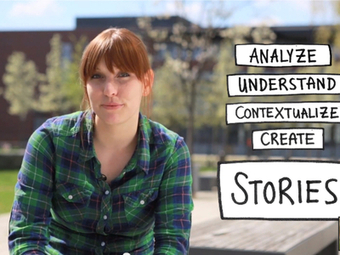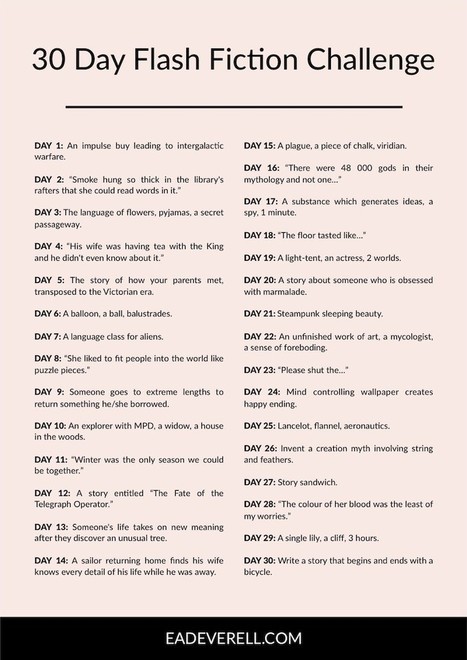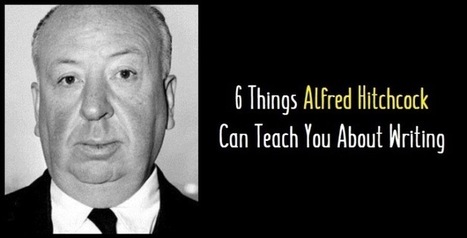"When I compose a first draft I just let everything I feel and think spill out raw and chaotically on the page. I let it be a mess. I trust my instincts. I just let my ideas and feelings flow until I run out of words. It’s fine for an early draft to be a disaster area. I don’t censor myself. When I have this raw copy, I can then decide if this idea is worth pung more effort into. If so, then with the second draft, I clean up spelling and grammar. I add anything I forgot to include in the first draft and take out whatever isn’t working. Then the real fun begins with the third draft. (Despite its importance, art should always be a form of play.) That’s where I work on what I know are my creative weaknesses."
Via Penelope, Lynnette Van Dyke



 Your new post is loading...
Your new post is loading...




